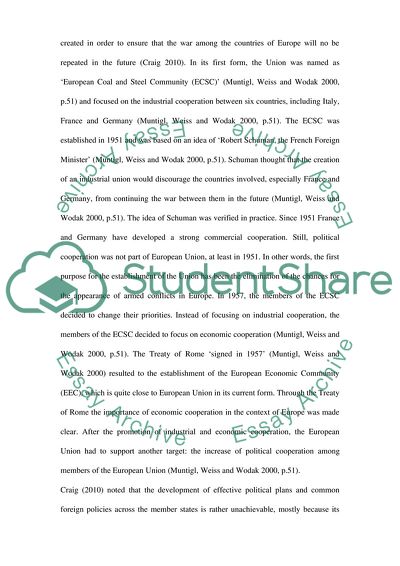Cite this document
(Was britain right to stay out of the Euro Essay, n.d.)
Was britain right to stay out of the Euro Essay. https://studentshare.org/macro-microeconomics/1779005-was-britain-right-to-stay-out-of-the-euro
Was britain right to stay out of the Euro Essay. https://studentshare.org/macro-microeconomics/1779005-was-britain-right-to-stay-out-of-the-euro
(Was Britain Right to Stay Out of the Euro Essay)
Was Britain Right to Stay Out of the Euro Essay. https://studentshare.org/macro-microeconomics/1779005-was-britain-right-to-stay-out-of-the-euro.
Was Britain Right to Stay Out of the Euro Essay. https://studentshare.org/macro-microeconomics/1779005-was-britain-right-to-stay-out-of-the-euro.
“Was Britain Right to Stay Out of the Euro Essay”. https://studentshare.org/macro-microeconomics/1779005-was-britain-right-to-stay-out-of-the-euro.


